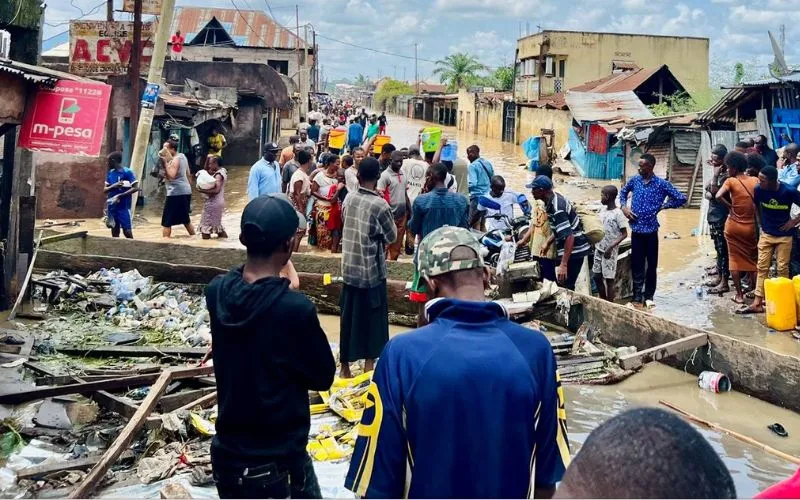The journalists said that Wojtyla “made all the necessary decisions at that moment: the quick removal of the priest from the parish, the suspension until the matter was resolved, and the obligation to live in a monastery,” where civil authorities then arrested him.
The case did not reach the Vatican, they said, because the provision directing what is now the Dicastery for the Doctrine of the Faith — then the Congregation for the Doctrine of the Faith — to deal with abuse cases was not issued until 2001.
Although he was eventually allowed to celebrate Mass again, Loran could not return to the “canonical mission of catechesis of children and youth” or to the ministry of the confessional.
The Polish Bishops’ Conference, in a statement published Nov. 14, spoke of “increasingly hearing questions about John Paul II’s attitude toward the tragedy of sexual abuse of minors and vulnerable people by the clergy and about his response to such crimes during his pontificate.”
“It has been increasingly alleged that the pope did not deal adequately with such acts and did little to address the problem, or even covered it up,” the statement continued.
(Story continues below)
The bishops decried these as a “media assault” on St. John Paul II and his pontificate. The target of such criticisms was “his teaching expressed, for example, in encyclicals such as Redemptor hominis or Veritatis splendor, as well as in his theology of the body, which does not correspond to contemporary ideologies promoting hedonism, relativism, and moral nihilism.”
The statement was not the first time Polish Catholic leaders responded to allegations against St. John Paul II.
In December 2020, following criticism of the Polish pope in the wake of the McCarrick report, 1,700 professors at Polish universities and research institutes signed an appeal defending St. John Paul II.
The signatories included Hanna Suchocka, Poland’s first female prime minister; former foreign minister Adam Daniel Rotfeld; physicists Andrzej Staruszkiewicz and Krzysztof Meissner; and film director Krzysztof Zanussi.
The professors’ appeal followed an intervention by Archbishop Stanisław Gądecki, president of the Polish Bishops’ Conference. In a Dec. 7, 2020, statement, Gądecki deplored what he called “unprecedented attacks” on St. John Paul II. He insisted that the pope’s “highest priority” was combating clerical abuse and protecting young people.








